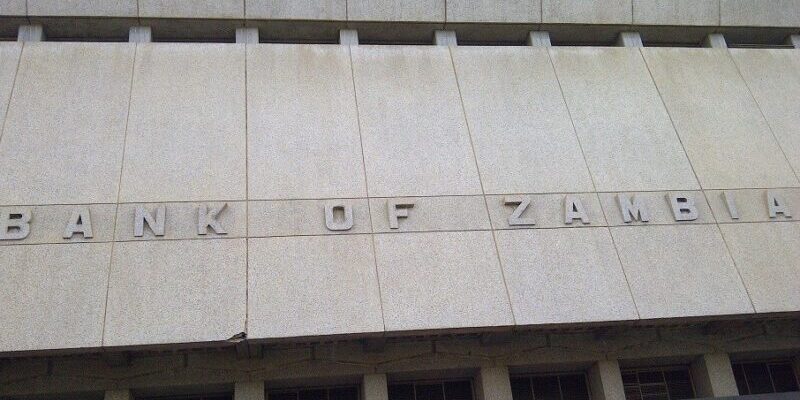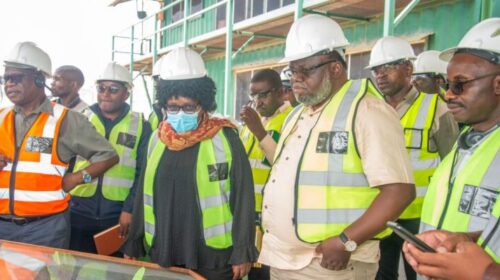Bank of Zambia Increases Monetary Policy Rate Amid Inflationary Pressure
The Bank of Zambia (BOZ) has decided to raise the Monetary Policy Rate (MPR) by 0.25% (25 basis points) from 9.25 percent to 9.50 percent. This move aims to address the persistently high inflation and maintain macroeconomic stability in the country.
During the Monetary Policy Committee Announcement, Bank of Zambia Governor Dr. Denny Kalyalya explained that the decision to increase the MPR was driven by the projection that inflation would continue to exceed the target range of 6-8 percent in the foreseeable future.
While inflation marginally declined in Q1 2023, it remained elevated and was forecasted to stay above the target band. Inflation averaged 9.6% in Q1 2023, compared to 9.8% in Q4 2022. In April 2023, inflation rose to 10.2% due to strong regional demand for maize grain and maize meal, along with the impact of the Kwacha depreciation against the US dollar.
Dr. Kalyalya noted that the inflationary pressures observed in April were expected to persist, leading to inflation staying above the target band despite a slight decline from the February 2023 forecast.
The current forecast factors in the approved electricity tariffs and elevated maize prices, particularly in 2023, as anticipated in the February 2023 Statement. Inflation is projected to average 10.5% and 8.4% in 2023 and 2024, respectively, with a forecast of 8.4% for Q1 2025.
The Governor also highlighted several upside risks to the inflation outlook, including delays in external debt restructuring negotiations, tighter global financial conditions, higher maize prices due to lower production, and the impact of the prolonged Russia-Ukraine war on food and energy prices. Additionally, the committee considered fragile growth and lingering vulnerabilities and risks in the financial sector.
Dr. Kalyalya emphasized the importance of maintaining budgetary discipline, implementing fiscal consolidation measures, and pursuing broader economic reforms to achieve lower inflation and macroeconomic stability.
Experts have expressed concerns regarding the impact of the rate increase on the overall business environment. Economist Kelvin Chisanga, in an interview, highlighted the need for the country to achieve a sound balance of trade and the role of the cost of capital in this regard.
Chisanga emphasized that the market has not been favorable for loan contraction and business growth, which could negatively affect the direction the country needs to take.
Chisanga further warned that the rate increase would likely have a strong impact on the business structure across the board, especially considering the challenging factors in the export market. Financing production and increasing sales volume through exports would become more difficult under these circumstances.
![]()





